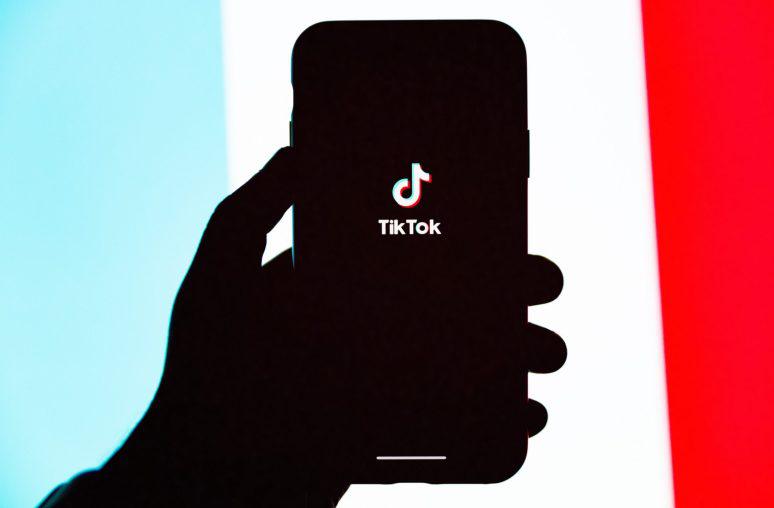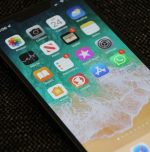TikTok: A global dilemma

In a decisive move, reflecting widespread international apprehension about data security, the United States is on the brink of imposing a ban on the popular video-sharing app TikTok.
This action stems from concerns over the potential for China to access personal information of American users through TikTok’s parent company, ByteDance.
Despite ByteDance’s assurance that it does not share U.S. user data with Chinese authorities, scepticism persists among U.S. officials.
The urgency of these concerns is magnified by the approach of the 2024 U.S. elections, with fears that the app could be used to sway electoral outcomes.
The legislative push by the U.S. House of Representatives mandates ByteDance to sever its ties with TikTok or face a ban.
Already, over half of the U.S. states and numerous public universities have prohibited TikTok on government devices and through university networks.
This mirrors actions taken by several countries and major international bodies, underlining the global nature of these security apprehensions.
India, following a border clash, took a firm stance by banning TikTok and other Chinese apps in 2020, citing privacy and security risks.
Similarly, the European Union and its leading bodies, as well as NATO, have restricted the app on official devices, underscoring the perceived threats to data privacy and national security.
The rationale behind these bans extends beyond data concerns, touching on issues related to the app’s addictiveness, the safety of children, and mental health implications.
This reflects a broader worry about the influence of social media platforms on societal well-being.
Globally, the response to TikTok has varied, with many countries, implementing partial bans targeting government devices. Some of these countries are the United Kingdom, Canada, France, and Australia.
At the same time, countries like India and Afghanistan have enacted full prohibitions.
These measures signify a growing caution towards apps with potential foreign surveillance capabilities. Besides, they also highlight the complex interplay between technology, privacy, and national security in the digital age.
Image by Jayanti Devi from Pixahive (Free for commercial use / CC0 Public Domain)
You may also like
Image Reference: https://pixahive.com/photo/tiktok-in-mobile-phone/
Recent Posts
- ASC ARJUN: Railways unveil smart security robotThe Railway Protection Force launched a humanoid robot named “ASC ARJUN” at Visakhapatnam Railway Station.
- Highway 100 set to power Western UP connectivityThe Uttar Pradesh government plans to widen the Hamidpur-Sikandrabad-Kuchesar State Highway-100.
- Double-Decker delight returns to DelhiAfter nearly four decades, the iconic double-decker bus has returned to Delhi, as Chief Minister Rekha Gupta flagged off the ‘Dekho Meri Delhi’ electric tourist service. The zero-emission bus covers landmarks such as India Gate and Rashtrapati Bhavan, promoting green mobility and vibrant tourism for just ₹500.
- ASC ARJUN: Railways unveil smart security robot
What’s new at WeRIndia.com
News from 700+ sources
-
Constituted 40 yrs ago, Katra Development Authority never received full manpower
-
DC inspects civic facilities, development works in Ramban town
-
DC Kathua visits Parisha, One Stop Centre; reviews women-centric Services
-
DC reviews progress under District CAPEX Budget 202526
-
Eight Organ Transplant Centres functional in J&K
-
DC Kulgam visits Yaripora, reviews functioning of Government Offices
-
WeRIndia – A News Aggregator
Visit werindia.com for all types of National | Business | World | Politics | Entertainment | Health related news and much more..









Leave a Reply